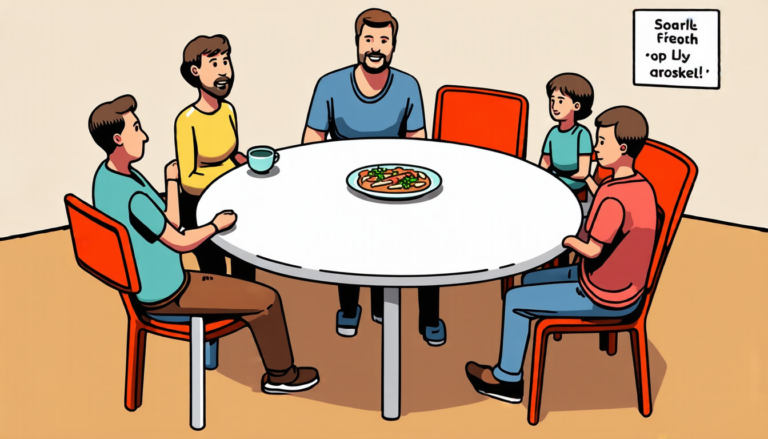Wednesday 16 April 2025
A new approach to understanding how we make decisions has been developed by researchers, who have linked a mathematical framework called copula theory to the study of ordered probabilistic choice.
Our daily choices are often influenced by factors such as personal preferences and external circumstances. However, it’s challenging to model these choices accurately because they involve complex interactions between different elements. Copula theory provides a powerful tool for analyzing dependencies between variables in multivariate distributions, but its application to decision-making has been limited until now.
The researchers have used copula theory to develop a new framework that can capture the nuances of ordered probabilistic choice. This type of choice occurs when we select from a range of options with different levels of preference or value. For example, choosing between two job offers or deciding which movie to watch tonight are both instances of ordered probabilistic choice.
The new framework provides a way to identify and model the unique characteristics of each individual’s decision-making process. By combining copula theory with statistical analysis, researchers can now analyze data from real-world scenarios and gain insights into how people make choices in different contexts.
One potential application of this research is in the field of economics, where it could be used to better understand consumer behavior and develop more accurate models of market demand. For instance, by analyzing how consumers choose between different products or services with varying levels of quality, businesses can gain a more nuanced understanding of what drives purchasing decisions.
The researchers’ approach also has implications for fields such as psychology and sociology, where it could be used to study how social influences and personal preferences interact to shape our choices. By developing a deeper understanding of these interactions, researchers may be able to identify new strategies for influencing behavior or promoting positive outcomes.
Overall, the development of this new framework represents an important step forward in the field of decision-making research. By providing a more comprehensive and nuanced approach to modeling ordered probabilistic choice, it has the potential to shed light on many complex phenomena that were previously difficult to understand.
Cite this article: “Unveiling the Secrets of Discrete Choice Models: A Novel Approach to Heterogeneous Decision-Making”, The Science Archive, 2025.
Decision-Making, Copula Theory, Ordered Probabilistic Choice, Multivariate Distributions, Personal Preferences, External Circumstances, Consumer Behavior, Market Demand, Psychology, Sociology
Reference: Christopher P. Chambers, Yusufcan Masatlioglu, Kemal Yildiz, “Ordered Probabilistic Choice” (2025).







